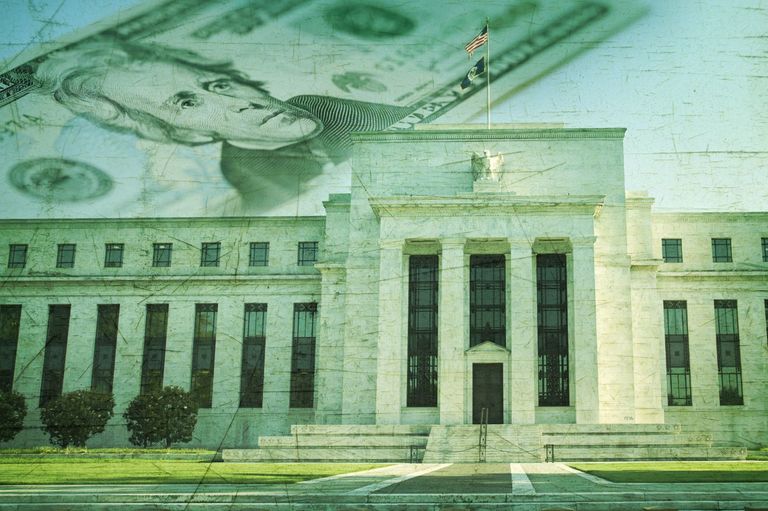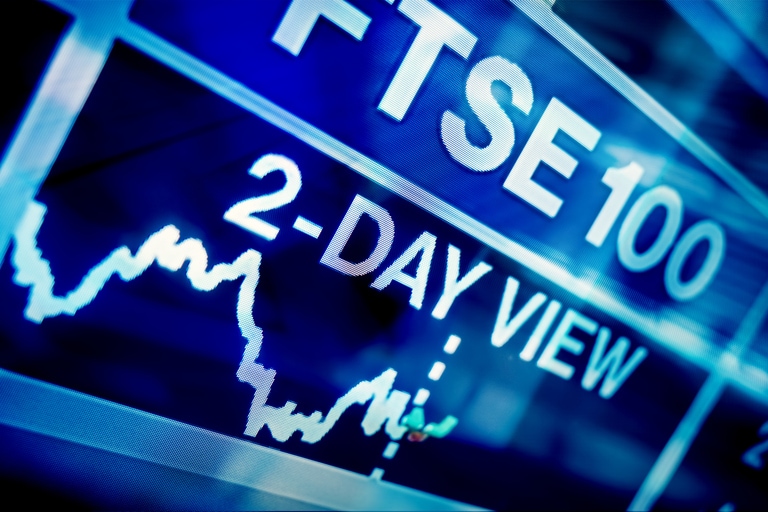European and US markets had a slightly better day of it yesterday, all closing higher, with the S&P 500 hitting its highest level this year, before slipping back into the close.
Markets in Europe in particular appear to be gaining support from the possibility that a no-deal Brexit might be avoided, with all the economic disruption that would bring to both sides of the Channel, though we can expect them to open lower this morning after some weaker-than-expected Chinese data overnight.
Last week the latest China trade numbers for February saw exports decline by over 20% and imports decline by 5.7%, both missing expectations by a large margin. This raised concerns that the economic malaise in China was greater than feared, despite the fact that the numbers would undoubtedly have been skewed by the timing of the Lunar New Year holiday, with most of the country closed for several days, which means the numbers must be looked at in that context.
As such, this morning’s industrial production and retail sales numbers for February should also be looked at through the same prism. Industrial production came in at 5.3%, down sharply from the 5.7% reading in January, and the lowest in 17 years, while retail sales came in at 8.2%, the same as in January. The unemployment rate also pushed up from 4.9% to 5.3%
The pound surged on currency markets overnight after MPs in the House of Commons unanimously voted, on two separate occasions, against the prospect of a no-deal Brexit, once by 312 votes to 308 on a cross-party amendment, and then again on the government’s own motion by 321 votes to 278.
In scenes reminiscent of The Thick of It, at one point we had government whips urging MPs to vote against the second version of the bill, after they lost the first vote, a tactic that backfired as MPs voted to rule out the UK leaving with no deal, under any circumstances.
While last night’s votes are significant, it should be remembered that legally they change nothing in law, as under the rule of law the UK will still leave the EU on 29 March. What it does mean is that we now move on to the next chapter, where MPs will now get a vote on whether the UK should seek an extension to the article 50 process, which is likely to be decided at next week’s European Council meetings.
This is where the UK loses control of the narrative, as the EU would be well within its rights to block any request to extend, irrespective of what MPs want, unless the UK could show that there were significant grounds to grant the extension. And with MPs unanimous in what they don’t like, we still have no clearer idea of what they do want. There is also the small matter of European elections in May, so any extension, if granted, could throw up new problems.
What the voting has also done is breathe new life into the prospect of another meaningful vote on Theresa May’s already twice-rejected withdrawal agreement, which is likely to be revived for a third attempt in the manner of a director past their sell-by date, trying to revive a dud film franchise with yet another tired sequel.
The thinking behind this would be that, with the prospect of having Brexit snatched from their grasp, the 75 Conservative Party MPs who rejected the deal earlier this week, along with the 10 DUP MPs, might well change their votes and vote for the deal, thus turning around the 149-vote loss of Tuesday, as the prospect of no Brexit at all or a lengthy delay becomes a possibility.
The EU could also choose to play hardball and make the UK choose between Mrs May’s deal and revoking article 50, now that MPs have removed the nuclear option of a 'no deal'.
EUR/USD – the euro appears to have found a modicum of support at the 1.1180 area which is 61.8% retracement of the entire 1.0340/1.2545 up move. We now look to be squeezing higher with a move up to the 1.1400 area a real possibility.
GBP/USD– pushed up to nine-month high yesterday, to 1.3382 and could well head up towards the 1.3500 area in the coming days. The overall direction continues to be tough to call with support now down near the 1.3000 area and the 200-day MA.
EUR/GBP– made another 22-month low yesterday, down near 0.8470, with a break below 0.8470, potentially targeting the 0.8400 area. We have resistance at 0.8520 and 0.8570.
USD/JPY– continues to struggle to move above the 111.45 area and the 200-day MA. A push through 111.50 opens up a return to the 112.00 area. While below 111.45 the risk is for a return towards the 110.20 level.
Disclaimer: CMC Markets is an execution-only service provider. The material (whether or not it states any opinions) is for general information purposes only, and does not take into account your personal circumstances or objectives. Nothing in this material is (or should be considered to be) financial, investment or other advice on which reliance should be placed. No opinion given in the material constitutes a recommendation by CMC Markets or the author that any particular investment, security, transaction or investment strategy is suitable for any specific person. The material has not been prepared in accordance with legal requirements designed to promote the independence of investment research. Although we are not specifically prevented from dealing before providing this material, we do not seek to take advantage of the material prior to its dissemination.







